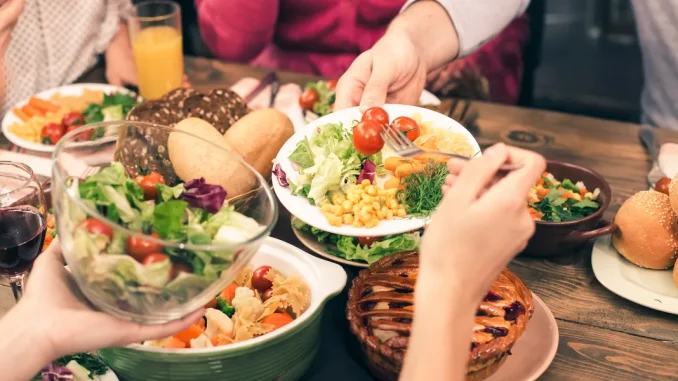
After my dad died, my mom, Colleen, slowly faded into quiet loneliness. She and my father had shared a quiet, loving life full of small, meaningful routines. Though she always told me she was fine, I could hear the sadness in her voice.
Then came Raymond—a flashy, loud-mouthed coworker from the college where she taught. He brought her food, fixed things, and made her laugh again. They married quickly, barefoot on the beach. I had my doubts, but I hugged him and told him to take care of her. “Always,” he said. That should’ve been a warning.
Six months later, I visited and found Mom thin, tired, and anxious. When she tried to serve leftovers, Raymond exploded, smashing the dish and shouting, “A real wife cooks fresh every day.” I saw her drop to the floor, trembling, to clean up the mess.
I knew I had to act. The next few days, I cooked every meal for Raymond—lavish, homemade dishes that he praised and bragged about online. Then, over dinner one night, I told him the truth: it was all leftovers, disguised and repurposed. He looked stunned. I told him what he really hated wasn’t the food—it was losing control.
That night, Mom stood beside me as we told Raymond it was over. The house was hers. We changed the locks. When he came back yelling, Mom told him to come get his stuff and leave—for good.
A few months later, she called laughing. Raymond had left a voicemail, asking to cook her dinner. She told him she already had plans—lasagna. Leftovers. Still delicious.
Because love isn’t owed. It’s earned. And when you mistake kindness for weakness, you might just get served the coldest dish of all: goodbye.
Leave a Reply